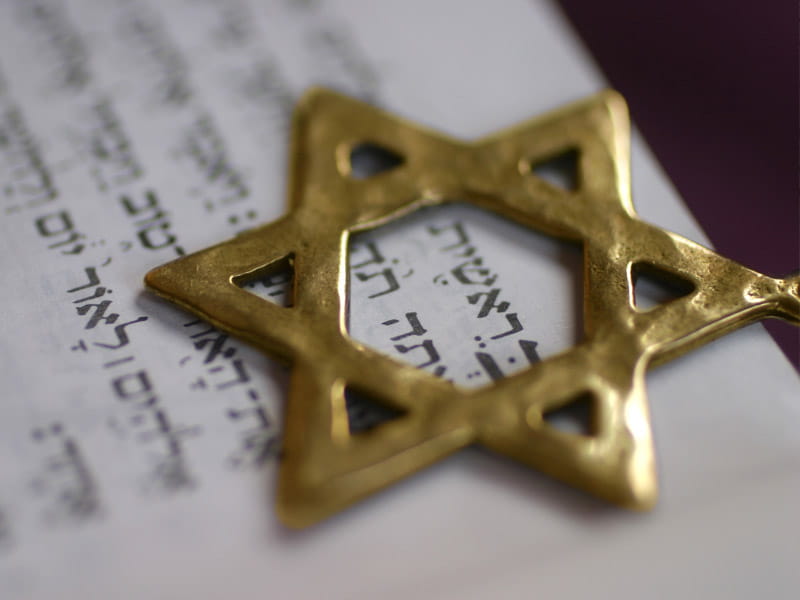When Joseph Ratzinger was 14 years old, he enrolled as a member in Hitler youth and the German Army. On Friday, April 18th he will travel to New York City as Pope Benedict XVI. There, he will visit Park East Synagogue headed by Rabbi Arthur Schneier, who as a child hid from a young Ratzinger during WWII in a Swiss Safety House. The significance of the Park East papal visit lies not in the distant past of the Holocaust, but in the present community the pope will encounter and the future challenges facing interfaith dialogue.
The papal visit to Park East follows two prior visits to European synagogues--synagogues that were largely relics of a distant past, mainly memorials of the death and decay wrought by Auschwitz. Pope John Paul II and Pope Benedict XVI used these occasions as opportunities to "deplore the hatred, persecutions, and displays of anti-Semitism directed against the Jews any time and by anyone." The headlines that ran after Benedict's trip to a synagogue in Cologne, Germany revolved around his decrying "the insane, racist ideology" of Nazi Germany.
On the other hand, Park East Synagogue today represents a vibrant American Jewry located in the heart of the Upper East Side of Manhattan. It is frequented by government officials and heads of state; its members have included two NYC mayors and leaders of the Jewish community. In line with Benedict’s own worldview, it is Orthodox and thoroughly committed to promoting traditional values in American life.
Like its rabbi, many Park East members are survivors who emerged from the Holocaust determined to rebuild not only their communities but the world at large. The survivors who came with nothing and discovered everything harnessed their newfound influence and affluence to establish institutions that would fight anti-Semitism, promote religious freedom, and care for humanity. It is no coincidence the names of Park East members can be found on the boards of leading philanthropic organizations and decorate the walls of the world renowned New York medical institutions.
The pope will be visiting perhaps the world’s most economically and culturally vibrant city, whose Jewish residents are among its main contributors. He will do so amidst the backdrop of his support for reinstituting the very controversial Latin mass calling for the “enlightening” of the Jews. While Jewish groups will ask that he reconsider his decision, the issue will not be priority number one. The pope and American Jewry will greet each other, from their respective places of strength, as equals dedicated to improving religious relations worldwide.
Jewish and Christian leaders should take the 40 years of reconciliation, respect, and goodwill accrued from their interfaith encounter and translate them into creating a productive rapprochement with those in the Muslim world. Both Jewish and Christian communities have failed miserably in confronting the new tensions in religious life today. The pope has made a series of, at best, verbal blunders and, at worst, hostile comments towards Islam, while the American Jewish community remains largely ambivalent to reaching out to Muslims. Certainly the inability of many in the Muslim community to recognize Israel’s right to exist remains a thorn in the side of Jewish-Muslim relations. However, the history of Jewish-Christian dialogue proves such differences can be improved with time.
The pope’s visit coincides with the Passover holiday, when Jews celebrate freedom from Egyptian bondage. In the 20th century, Pharoah's Egypt became Auschwitz. But, as every Jewish person knows, the Passover story does not end with leaving Egypt. Egyptian freedom gave Jews the opportunity to come to Sinai and accept the responsibilities of upholding godliness in the world. The vitality of the Jewish experience in Israel and America points to Sinai; freedom is what gives us the strength to confront greater responsibilities and allows us to move beyond our own tormented past and reach out to others. The future will be found by ensuring that the lessons learned after Auschwitz be brought to bear on the new challenges facing the world and religion today.
2016-06-30
2016-06-30
Beliefnet Editor
more from beliefnet and our partners

